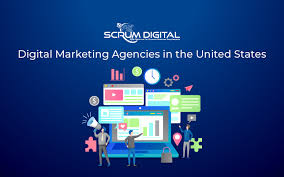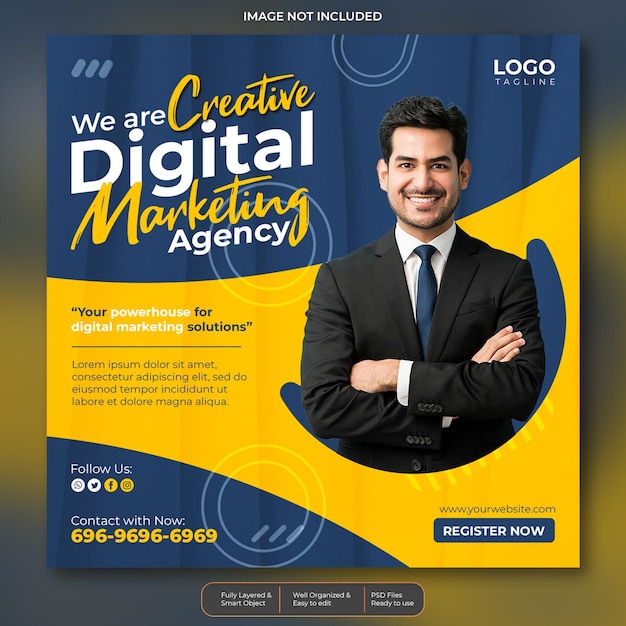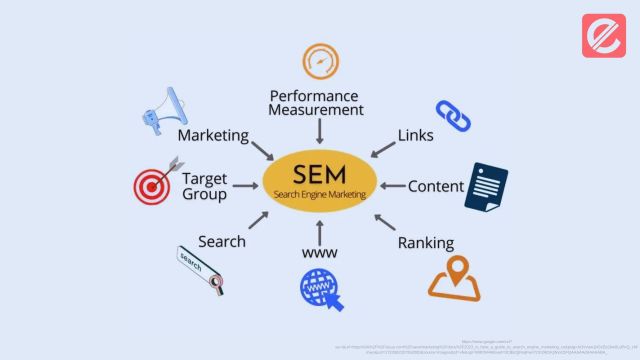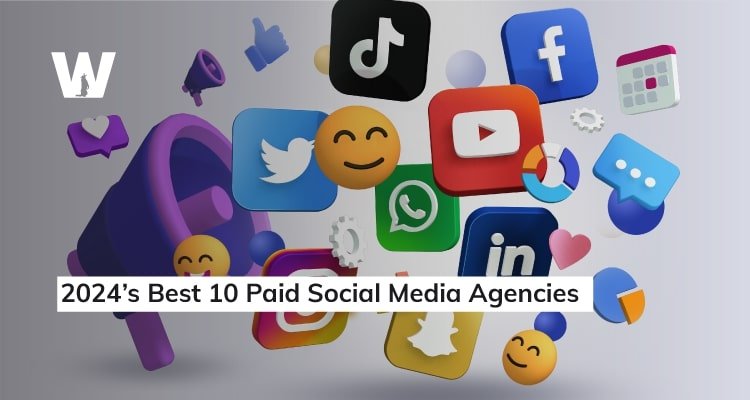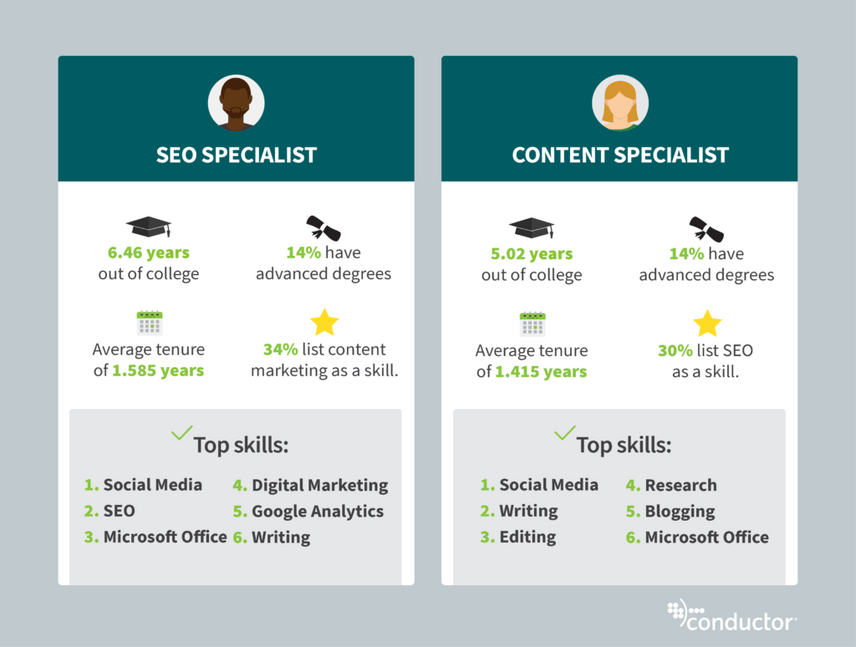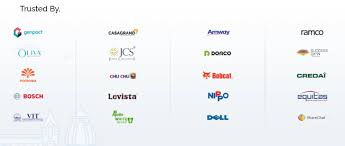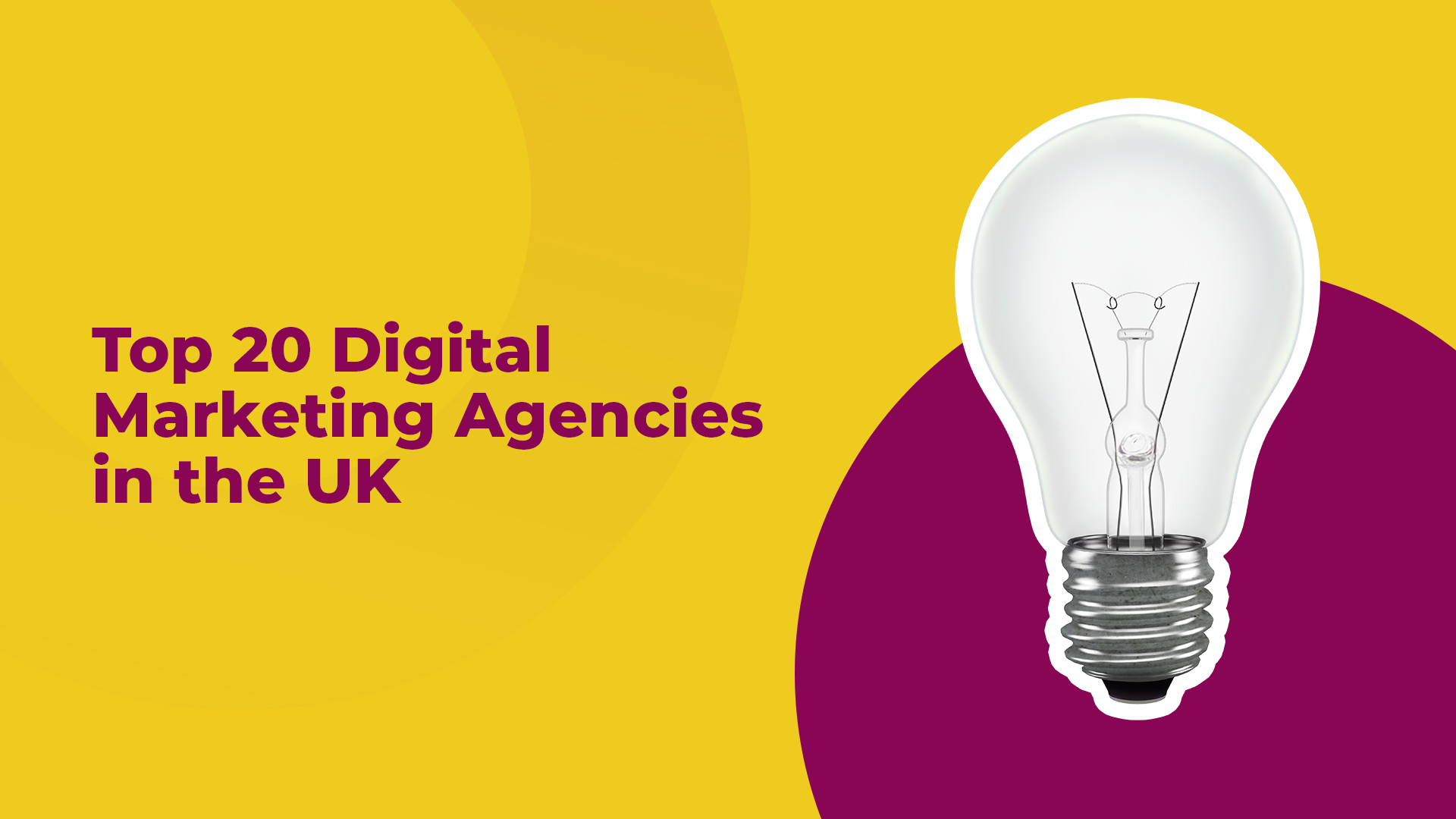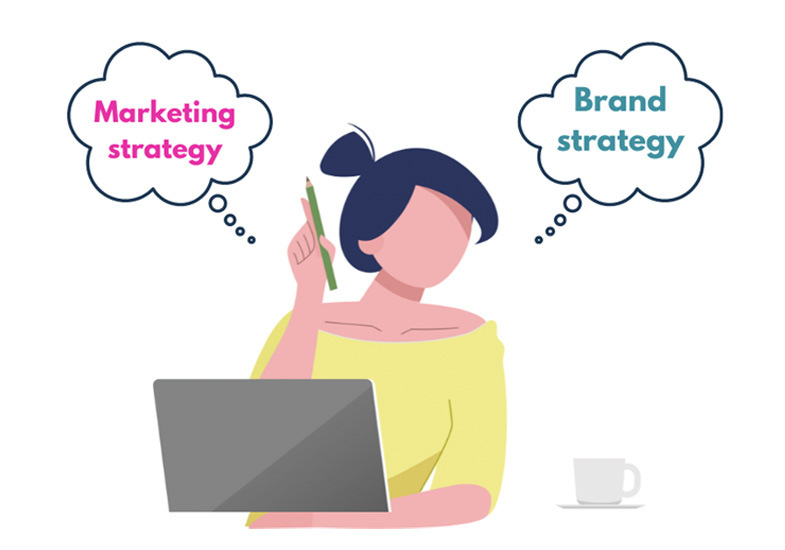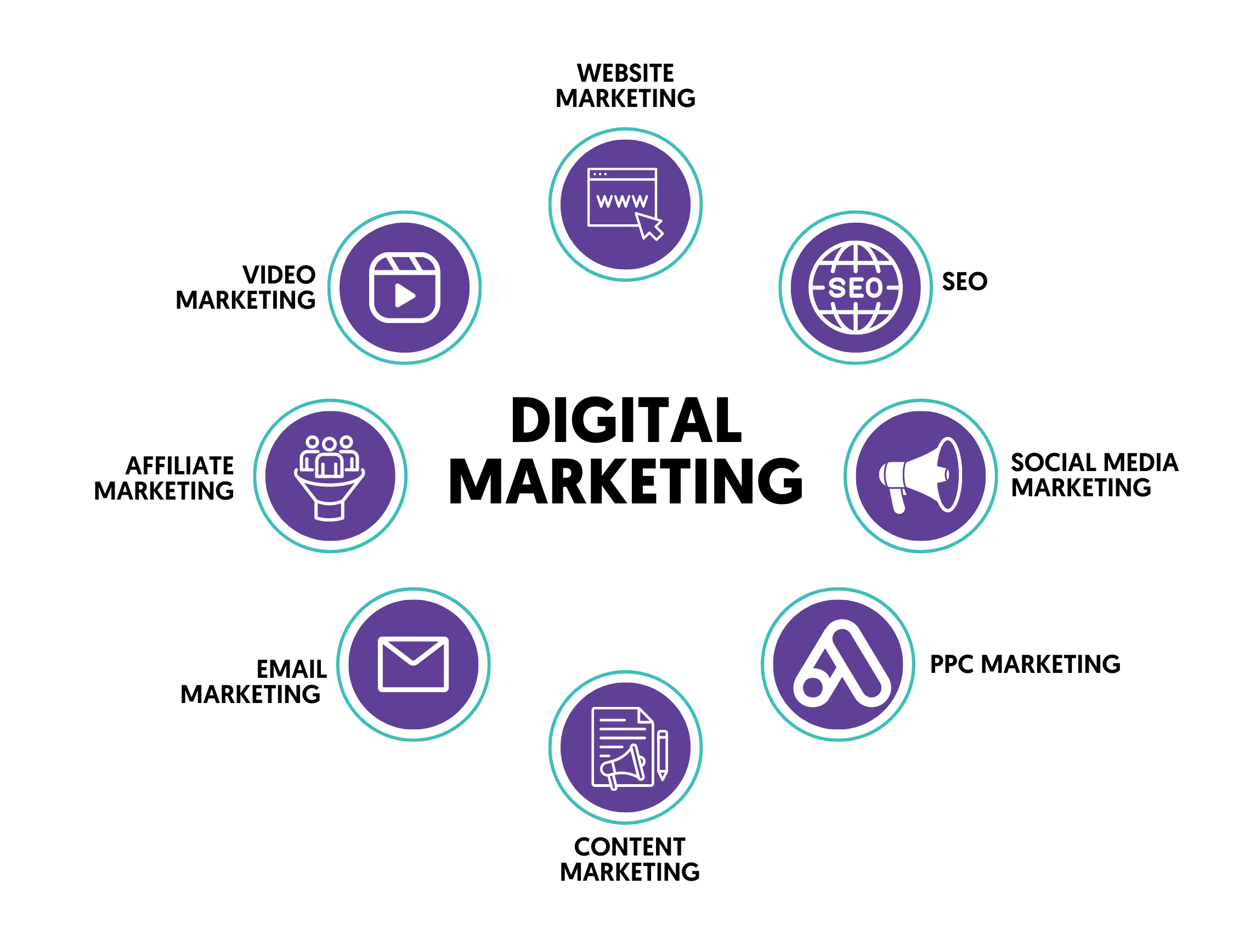The Power of Internet Marketing Firms in Driving Online Success
Internet marketing has become an essential component of any business’s overall marketing strategy in today’s digital age. With the vast reach and influence of the internet, businesses are increasingly turning to internet marketing firms to help them navigate the complex world of online promotion and achieve their goals.
What is an Internet Marketing Firm?
An internet marketing firm is a professional agency that specialises in promoting businesses and brands online. These firms offer a wide range of services, including search engine optimisation (SEO), pay-per-click (PPC) advertising, social media marketing, content creation, email marketing, and more. By leveraging various digital channels, internet marketing firms help businesses increase their online visibility, attract more traffic to their websites, and ultimately drive conversions and sales.
The Benefits of Working with an Internet Marketing Firm
Collaborating with an internet marketing firm can provide businesses with several key advantages:
- Expertise: Internet marketing firms have a team of experienced professionals who understand the latest trends and best practices in digital marketing. They can develop tailored strategies to help businesses achieve their specific objectives.
- Efficiency: Outsourcing your online marketing efforts to a specialised firm allows you to focus on other aspects of your business while experts handle your digital campaigns efficiently and effectively.
- Measurable Results: Internet marketing firms use analytics tools to track the performance of your campaigns in real-time. This data-driven approach enables them to make informed decisions and optimise strategies for better results.
- Scalability: Whether you are a small start-up or a large corporation, internet marketing firms can tailor their services to meet your needs and scale as your business grows.
The Future of Online Marketing
As technology continues to evolve rapidly, the landscape of online marketing is constantly changing. Internet marketing firms play a crucial role in helping businesses stay ahead of the curve and adapt to these changes effectively. By harnessing the power of data-driven strategies, engaging content, and targeted campaigns, businesses can maximise their online presence and reach their target audiences more efficiently than ever before.
In conclusion, partnering with an internet marketing firm can be a game-changer for businesses looking to succeed in the competitive digital marketplace. By leveraging the expertise and resources of these specialised agencies, businesses can unlock new opportunities for growth, engagement, and success in the online world.
7 Essential Tips for Boosting Your Internet Marketing Firm’s Success
- Understand your target audience and tailor your marketing strategies to their preferences.
- Utilize social media platforms effectively to reach a wider audience and engage with potential customers.
- Invest in search engine optimization (SEO) to improve your website’s visibility on search engines like Google.
- Create high-quality content that is valuable and relevant to your target market to attract and retain customers.
- Track and analyse data to measure the effectiveness of your marketing campaigns and make informed decisions for improvement.
- Stay updated with the latest trends in internet marketing to remain competitive in the digital landscape.
- Build strong relationships with influencers or other businesses for collaborations that can help expand your reach.
Understand your target audience and tailor your marketing strategies to their preferences.
To maximise the effectiveness of your online marketing efforts, it is crucial to have a deep understanding of your target audience and tailor your strategies to align with their preferences and behaviours. By conducting thorough market research and analysing demographic data, businesses can gain valuable insights into what resonates with their audience and how best to engage them. This customer-centric approach not only enhances the relevance and impact of your marketing campaigns but also fosters stronger connections with your target audience, ultimately leading to increased brand loyalty and conversions.
Utilize social media platforms effectively to reach a wider audience and engage with potential customers.
To maximise the impact of your internet marketing efforts, it is crucial to utilise social media platforms effectively. By leveraging the power of platforms such as Facebook, Instagram, Twitter, and LinkedIn, businesses can reach a wider audience and engage with potential customers in a more personalised and interactive manner. Engaging content, strategic posting schedules, and targeted advertising campaigns on social media can help businesses build brand awareness, drive website traffic, and foster meaningful relationships with their target audience. Embracing social media as a key component of your internet marketing strategy can lead to increased visibility, customer engagement, and ultimately, business growth.
Invest in search engine optimization (SEO) to improve your website’s visibility on search engines like Google.
Investing in search engine optimization (SEO) is essential for improving your website’s visibility on search engines like Google. By implementing SEO best practices, such as keyword research, on-page optimization, and link building, you can enhance your website’s ranking in search engine results pages. This increased visibility can drive more organic traffic to your site, attract potential customers actively searching for your products or services, and ultimately boost your online presence and business growth.
Create high-quality content that is valuable and relevant to your target market to attract and retain customers.
Creating high-quality content that is valuable and relevant to your target market is a crucial tip for success when working with an internet marketing firm. By producing content that resonates with your audience’s needs and interests, you can attract and retain customers effectively. Whether it’s informative blog posts, engaging social media updates, or compelling videos, providing valuable content establishes your brand as a trusted source of information in your industry. This not only helps drive traffic to your website but also builds long-term relationships with customers who see the value in what you have to offer.
Track and analyse data to measure the effectiveness of your marketing campaigns and make informed decisions for improvement.
Tracking and analysing data is a crucial aspect of any successful internet marketing campaign. By monitoring key metrics such as website traffic, conversion rates, click-through rates, and engagement levels, businesses can gain valuable insights into the performance of their marketing efforts. This data-driven approach allows businesses to identify what is working well and what areas need improvement, enabling them to make informed decisions to optimise their strategies for better results. By continuously analysing data, internet marketing firms can adapt and refine campaigns to ensure maximum effectiveness and achieve the desired outcomes for their clients.
Stay updated with the latest trends in internet marketing to remain competitive in the digital landscape.
Staying updated with the latest trends in internet marketing is essential for businesses aiming to remain competitive in the ever-evolving digital landscape. By keeping abreast of emerging technologies, consumer behaviours, and industry innovations, businesses can adapt their online strategies to stay ahead of the curve and connect effectively with their target audiences. Embracing new trends in internet marketing not only enhances brand visibility and engagement but also ensures that businesses are well-positioned to meet the evolving needs and expectations of their customers in today’s dynamic online environment.
Build strong relationships with influencers or other businesses for collaborations that can help expand your reach.
Building strong relationships with influencers or other businesses for collaborations is a valuable tip for internet marketing firms looking to expand their reach and maximise their impact. By partnering with influencers who have a loyal following or collaborating with complementary businesses, firms can tap into new audiences and increase brand visibility. These collaborations not only help in reaching a wider demographic but also lend credibility and authenticity to the firm’s marketing efforts. Establishing meaningful partnerships can lead to mutual benefits, driving engagement, fostering trust, and ultimately contributing to the firm’s overall success in the competitive online landscape.


